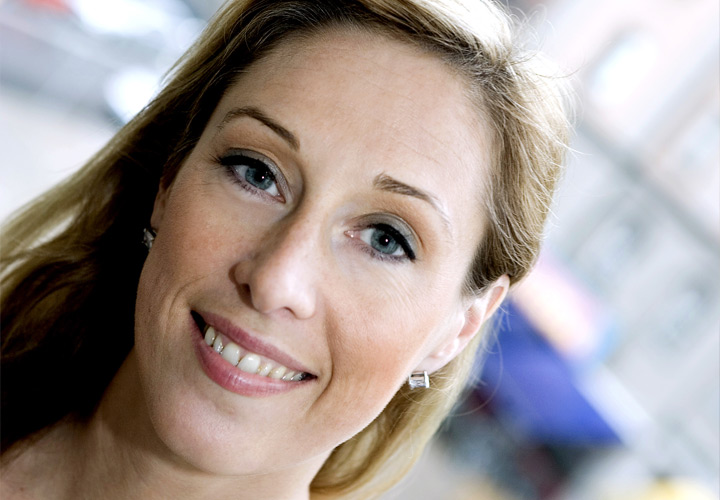
"A company with a reputation of being responsible gets the best talents," says Malin Lindfors Speace, a corporate responsibility consultant and partner at Ethos International, a Stockholm-based consultancy firm.
Responsible companies get the best talent
The best professionals are available to companies with a responsible reputation. This is the most significant benefit to be gained from working with responsibility issues in the long term, says Malin Lindfors Speace.
“Talents are critical in the Nordic region, where companies compete with each other,” Lindfors Speace says. “They also compete for the same talents. It is not very difficult to predict who wins.”
Lindfors Speace hopes for more transparency, and this is where communication companies could help their clients. “Companies should pay attention to the quality of information they deliver,” she says. “They should also report the flaws, not only the progress. Communication companies could facilitate transparency. And transparency is a competitive edge.”
Management of supply chain is most challenging
According to Lindfors Speace, the hottest responsibility issue at the moment is, without any doubt, the management and control of supply chains. Most companies with international supply chains know that this means risks, and they might have identified and analyzed the risks at the first and second levels of the chain. However, this is not enough: the risk management and control should cover the entire chain down to the field and to the forest.
The management structure should ensure the information flow is not only downwards to suppliers, but also upwards, all the way to the CEO.
“The corporate culture and management system should support openness,” Lindfors Speace says. “It is very dangerous if the CEO were taken by surprise, for example, by the media. And, naturally, the responsibility questions must be fully integrated into the purchasing decisions.”
Even though everybody seems to be struggling with supply chains, the core questions are: how do you organize the responsibility management? Who manages it? Where does it lie within the organization? And how do you divide the budget?
“Whoever, wherever, the one who is leading the work should have the mandate to do so,” Malin Lindfors Speace says.
She says from her experiences that there are no major differences between the ways that Swedish and Finnish companies manage suppliers or deal with certification programs. But there are differences nevertheless.
“Finland is clearly more hierarchical,” she says. “If the CEO believe in the responsibility things are being pushed efficiently within the company and outside. But the information does not flow from down to top, which poses a risk. In Sweden, things get done more slowly because we believe in consensus. But then, issues and information are shared.”
Sweden is also much more forgiving: people are given a second chance. The Finnish business world has seemed more brutal and tough. On the other hand, the media is nicer in Finland.
Text: Sari Kuvaja, Corporate Responsibility Advisor
